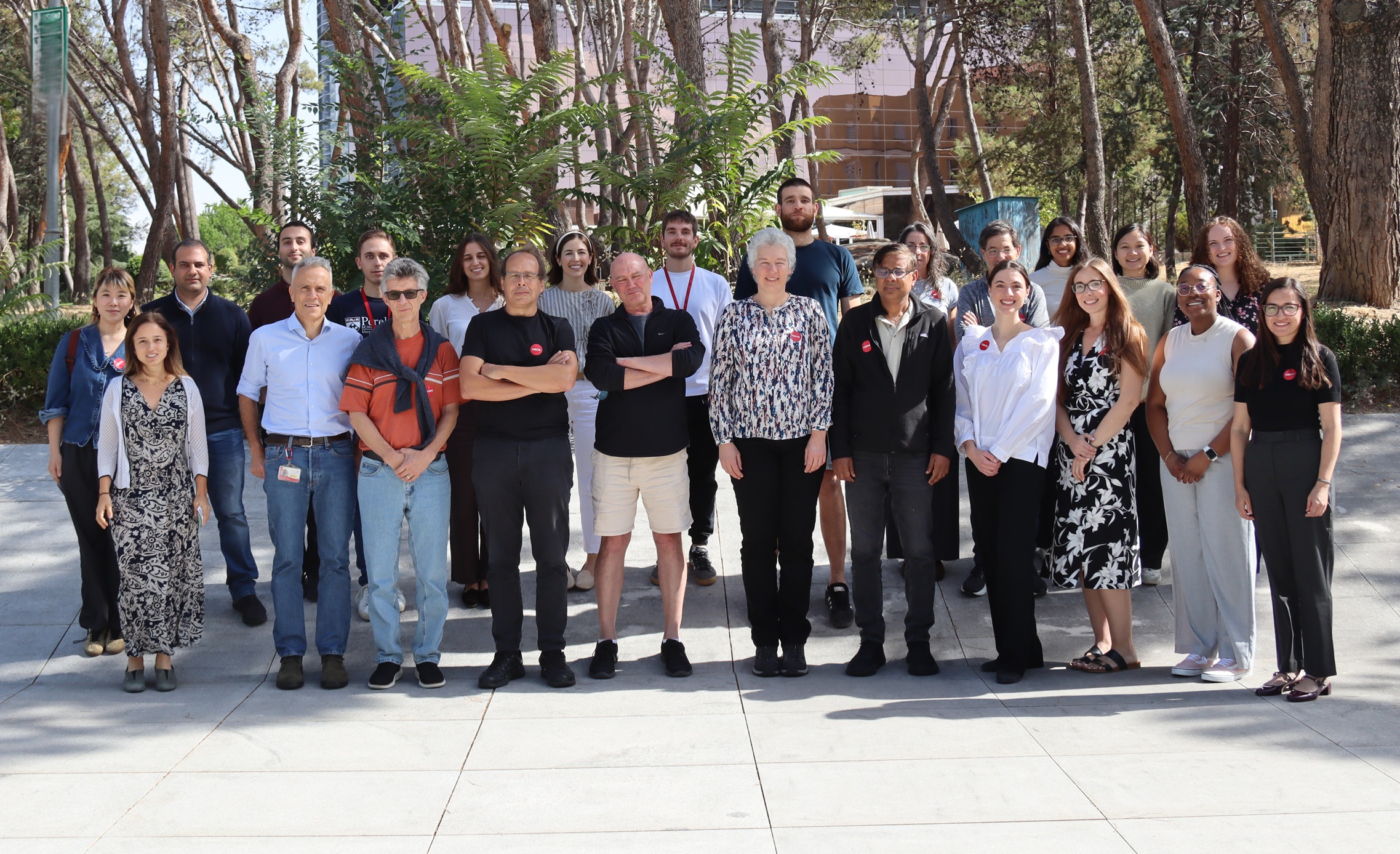PlacHeart: an international network to understand how the placenta influences the cardiovascular health of mothers and children
The placenta is a vital organ during pregnancy, essential for fetal development and for adapting the mother’s body to the demands of gestation. The role of the placenta extends beyond nourishing the fetus, and its activity has profound impacts on maternal and fetal and infant cardiovascular health during and after pregnancy.
“Failure of placental function can give rise to severe complications, such as cardiovascular disease in the mother and congenital heart defects in the baby. While there is evidence linking these conditions to placental dysfunction, the specific causes remain poorly understood and are often overlooked in clinical practice,”, explains Dr. José Luis de la Pompa, a researcher at the National Centre for Cardiovascular Research (CNIC) and a researcher at CIBER CV, whose group is participating in the project ’The Placenta in Maternal and Fetal Cardiovascular Health and Disease," funded by the Leducq Foundation.
The PlacHeart network is dedicated to unravelling the molecular and cellular mechanisms that link the placenta to the cardiovascular health of mothers and children.
“This project focuses on the origins of heart defects and heart disease, particularly how these may begin during pregnancy, rather than later in life as traditionally believed. Although heart disease often manifests in people later in life, we’re asking whether its roots can be traced back to early development in the womb. This is a relatively new concept, as it is assumed that heart defects originate in the heart itself, not in a distant organ such as the placenta," says Dr Ananth Karumanchi of Cedars-Sinai Medical Center (USA), who is coordinating the project alongside Dr. Didier Stainier at the Max Planck Institute for Heart and Lung Research (Germany).
The ultimate goal is to improve the prevention and treatment of cardiovascular disease associated with placental dysfunction, improving the health of mothers and children worldwide
Dr Karumanchi adds that half a dozen genes involved in the so-called ‘placenta-heart axis’ have already been identified, whose alteration in the placenta can cause heart defects in the foetus. In addition, certain signalling pathways, such as the insulin-like growth factor pathway, have been found to be essential for maternal cardiovascular health. In pregnancies with pre-eclampsia, a molecule appears to block this pathway, which could explain the long-term vascular damage in affected women.
‘We are studying how a diseased placenta can secrete factors that damage the mother's blood vessels, contributing to problems such as premature heart attacks, strokes, or vascular dementia. This could represent a new independent risk factor for heart disease in women, even greater than smoking in some cases,” adds Karumanchi.
“One of the most important clinical takeaways is that every physician should ask women about their pregnancy history as part of their annual exam?. Did the patient experience specific complications like preeclampsia or growth restriction? Was the baby born small? These can be strong predictors of future cardiovascular issues and should be treated as seriously as traditional risk factors like cholesterol or blood pressure,” says Karumanchi.
De la Pompa concluded that, “The ultimate goal is to improve the prevention and treatment of cardiovascular disease associated with placental dysfunction, improving the health of mothers and children worldwide.”











